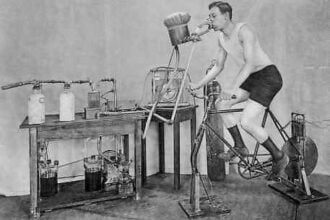 A new book, Who Says Men Don’t Care? is written specifically for four generations of male caregivers.
A new book, Who Says Men Don’t Care? is written specifically for four generations of male caregivers.
 A new book, Who Says Men Don’t Care? is written specifically for four generations of male caregivers. The premise of the Guide is that men care differently than women, and these differences present both opportunities and potential problems in all male caregiving situations. Knowing better who you are can make you a healthier and more balanced caregiver.
A new book, Who Says Men Don’t Care? is written specifically for four generations of male caregivers. The premise of the Guide is that men care differently than women, and these differences present both opportunities and potential problems in all male caregiving situations. Knowing better who you are can make you a healthier and more balanced caregiver.
A step by step approach to strengthening areas that need attention while acknowledging, encouraging and celebrating those areas of successful care giving is enhanced with helpful checklists that assist with analysis of care management. While exposing and debunking myths and stereotypes about male caregivers, it gives an important examination of generational attributes that impact upon care giving.
A “typical” male caregiver
- Is between the ages of 30 and 80 years old
- Represents every race, culture, economic class, and sexual preference in the US
- Is married, living with a partner, or cares for a child or relative
- Provides care to someone fifty or older or 15 years and younger
- Feels unappreciated and isolated
- Manages a variety of medications
- Hasn’t recently taken a vacation and spends little time on leisure activities
- Manages caregiving while working full or part time
- Doesn’t or can’t afford outside help
- Has an income between $20,000 and $50,000 a year
- Spends approximately $6,200 a year out of pocket for the person he is caring for
- Provides an average of 25 hours a week caregiving (many spend more time)
- Costs industry billions in lost productivity because of lost time
- Saves this country billions of dollars in government tax supported services








